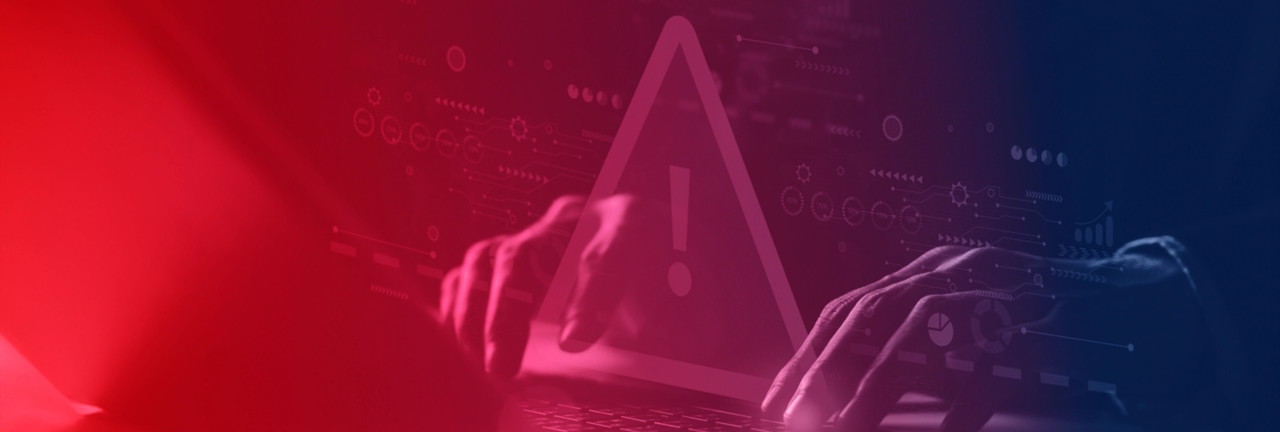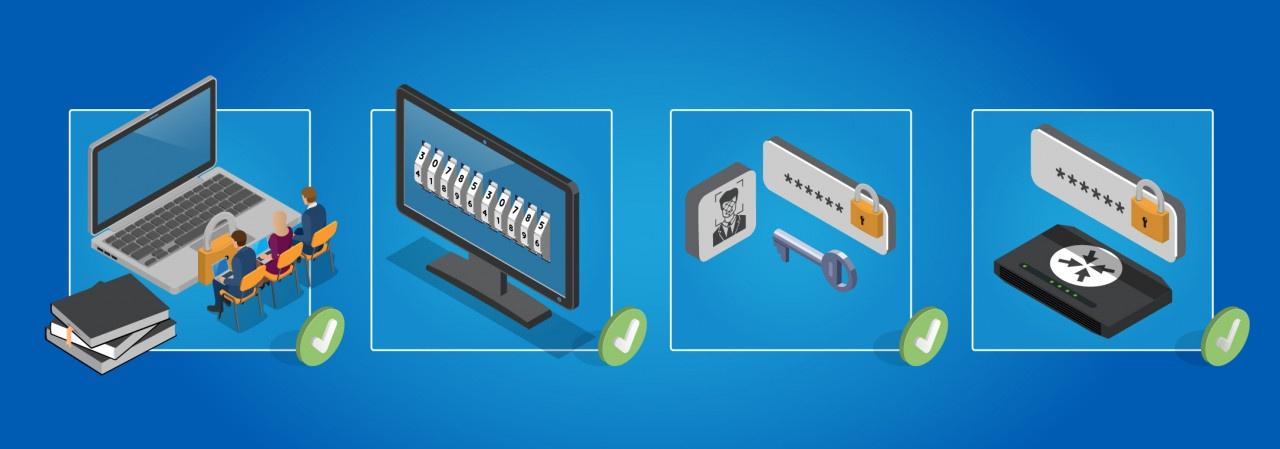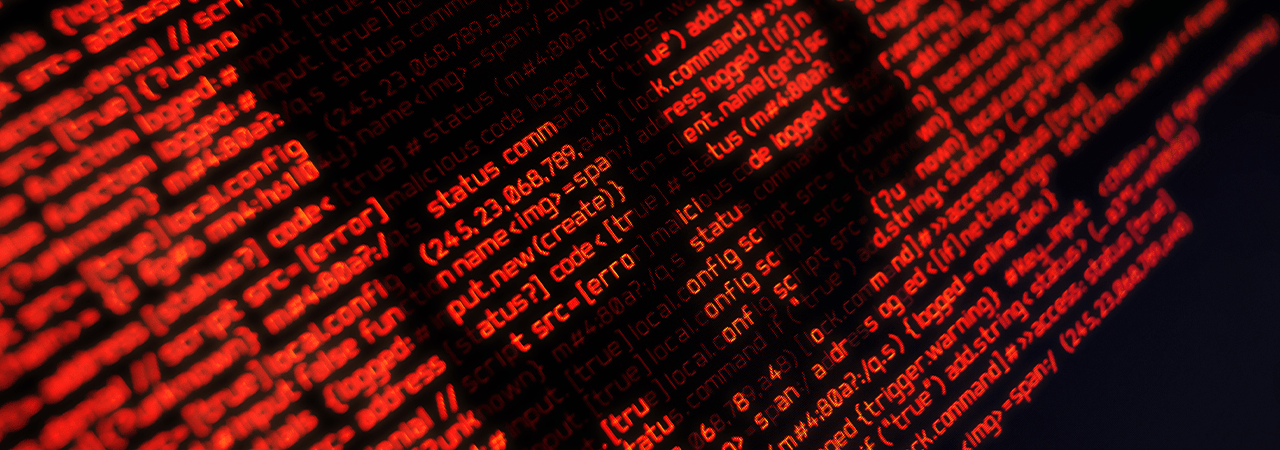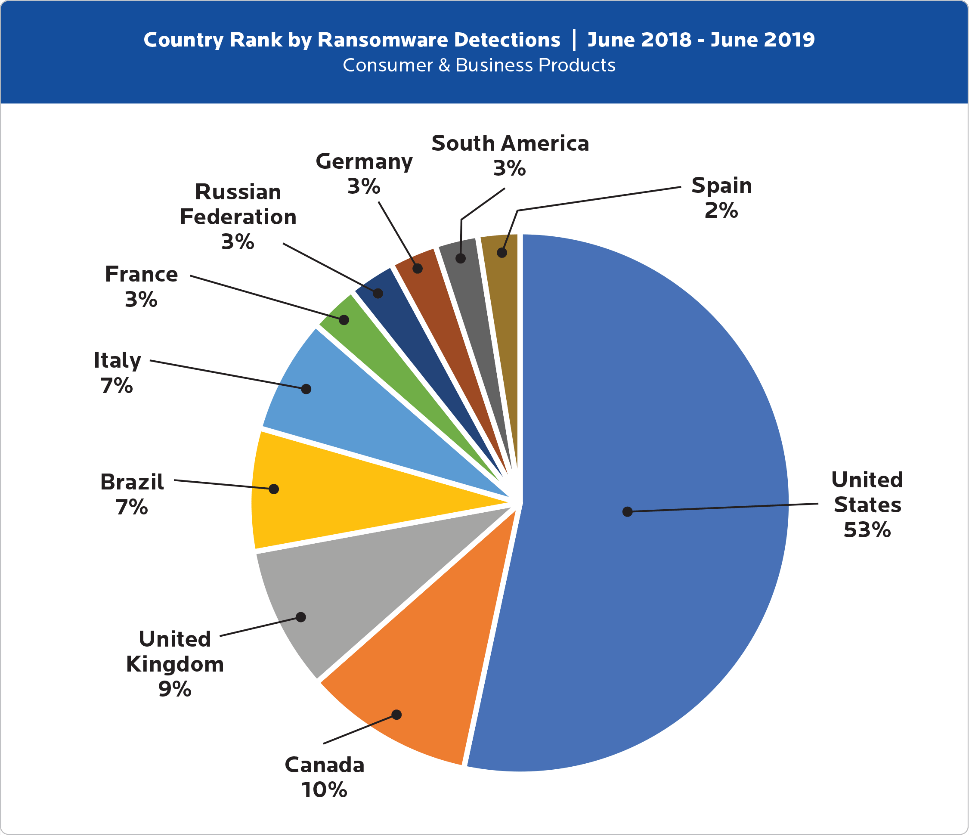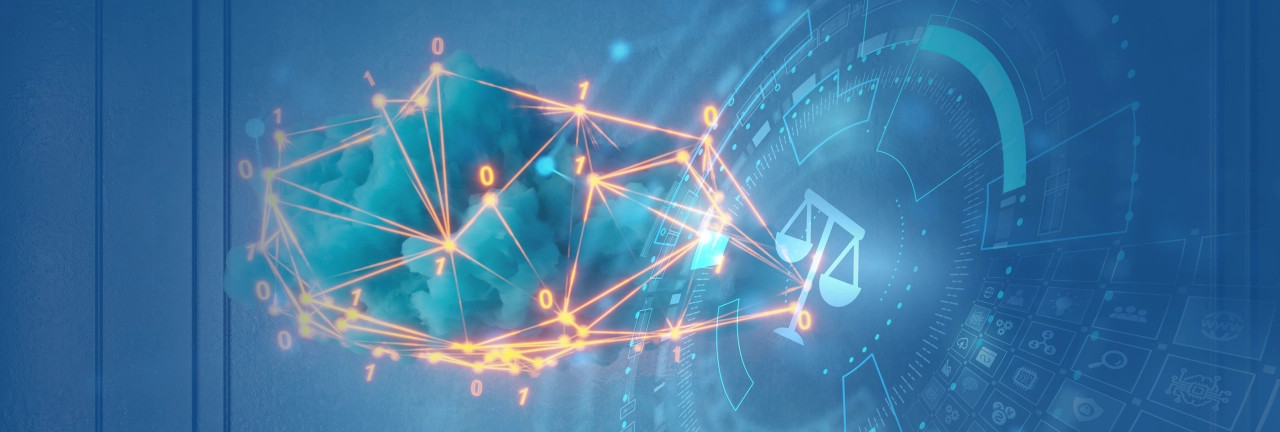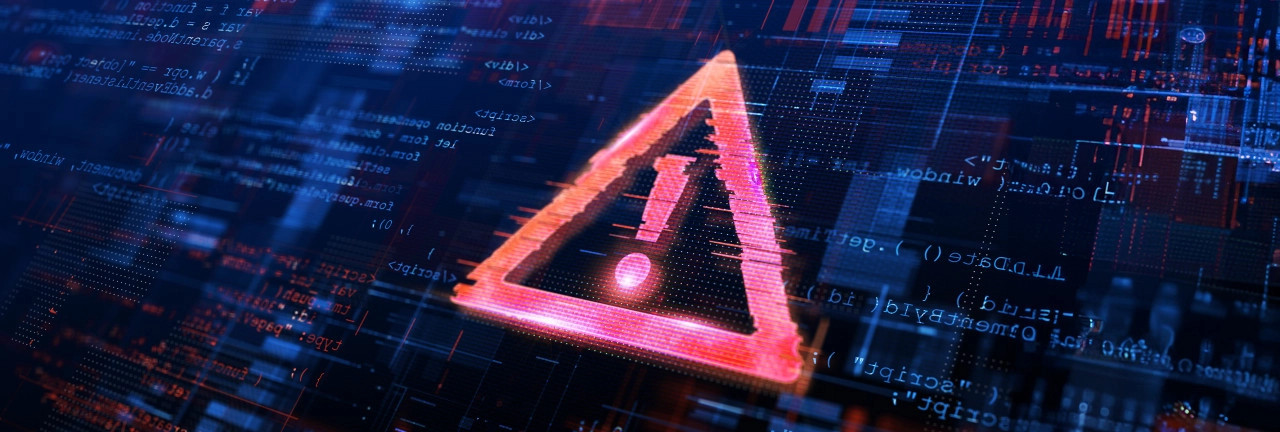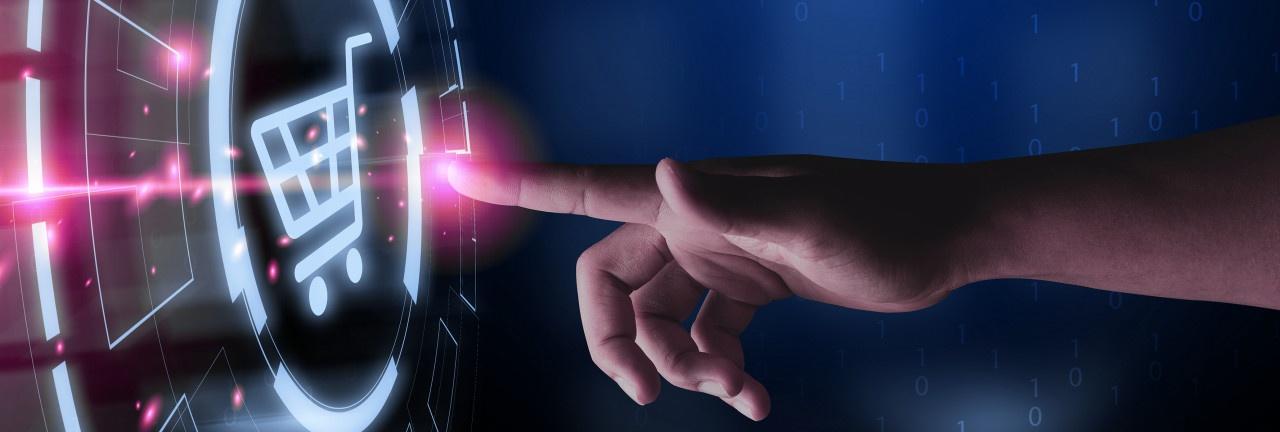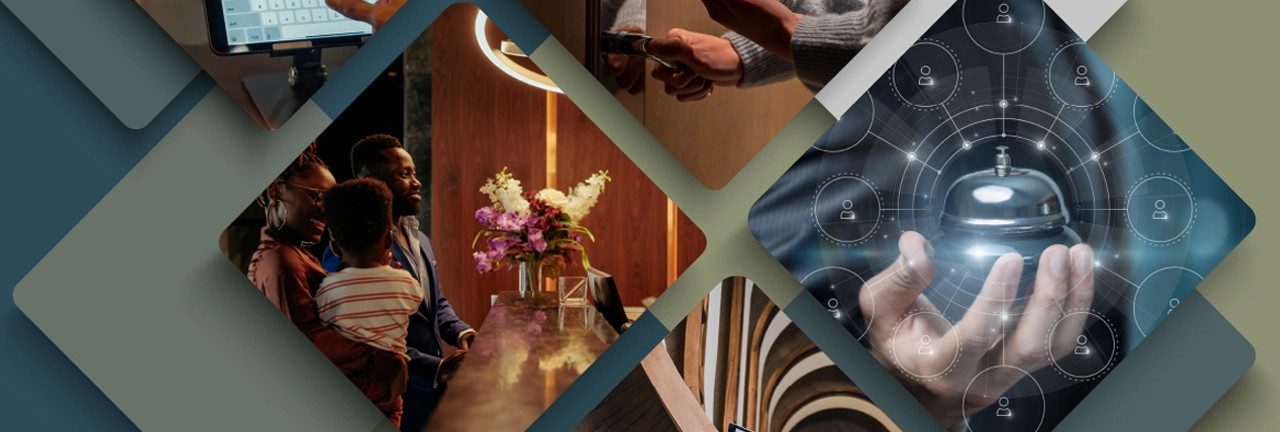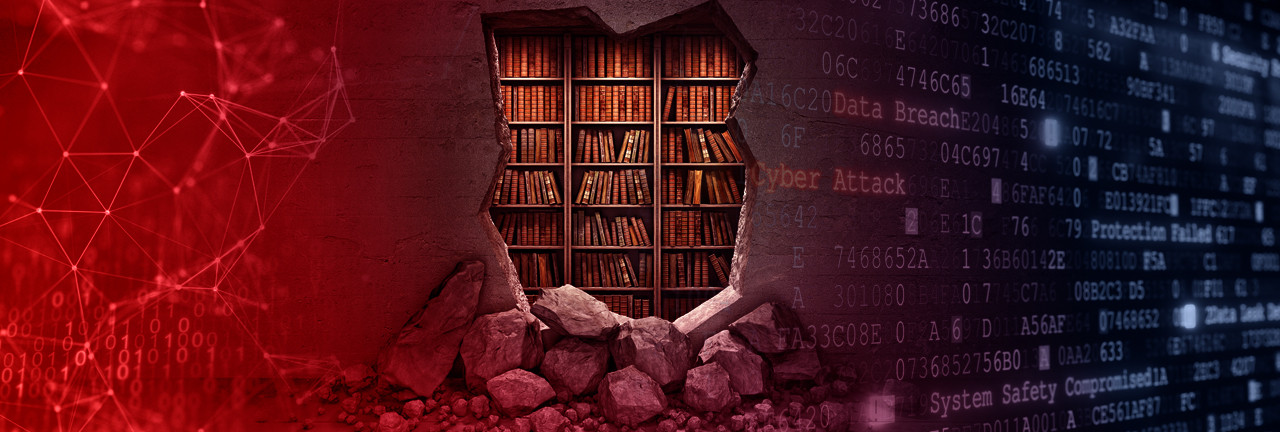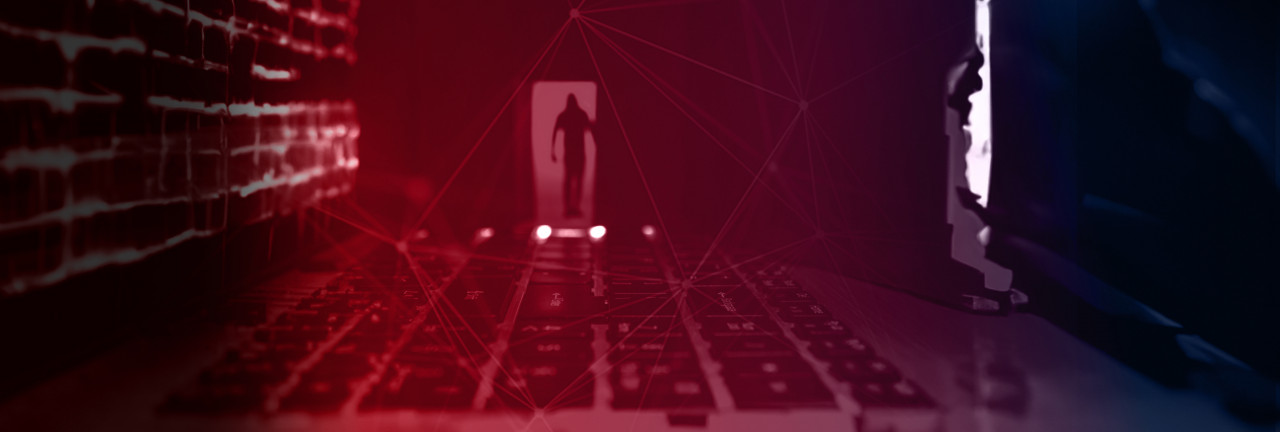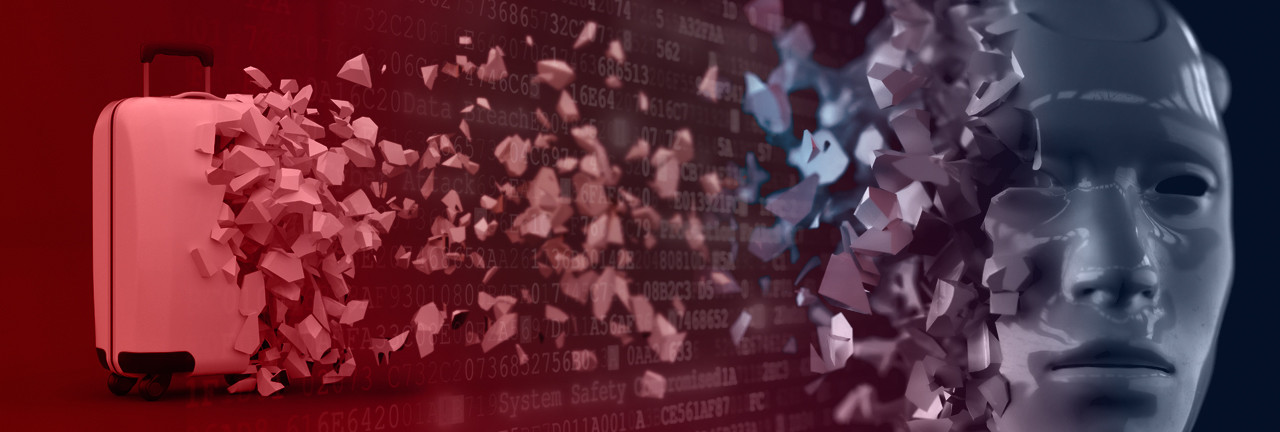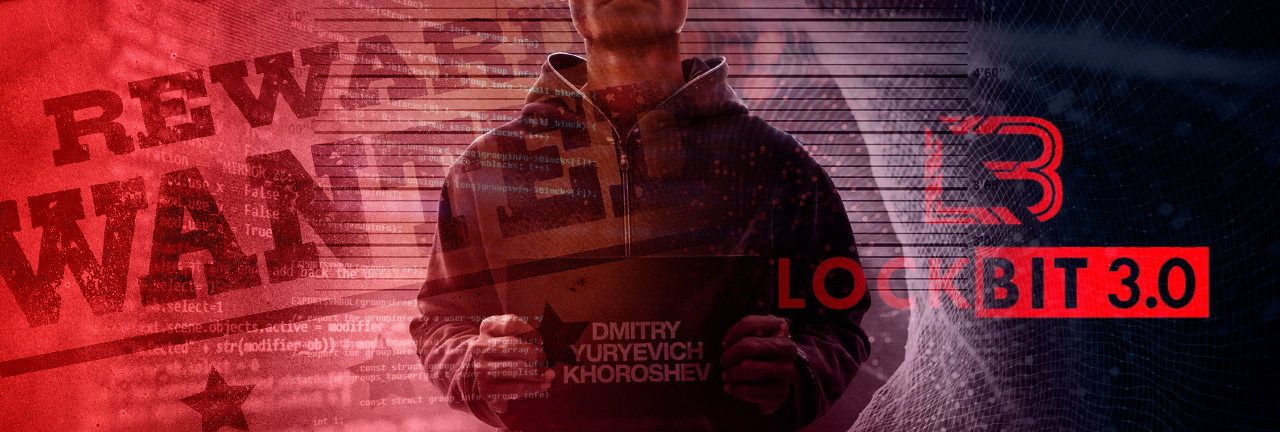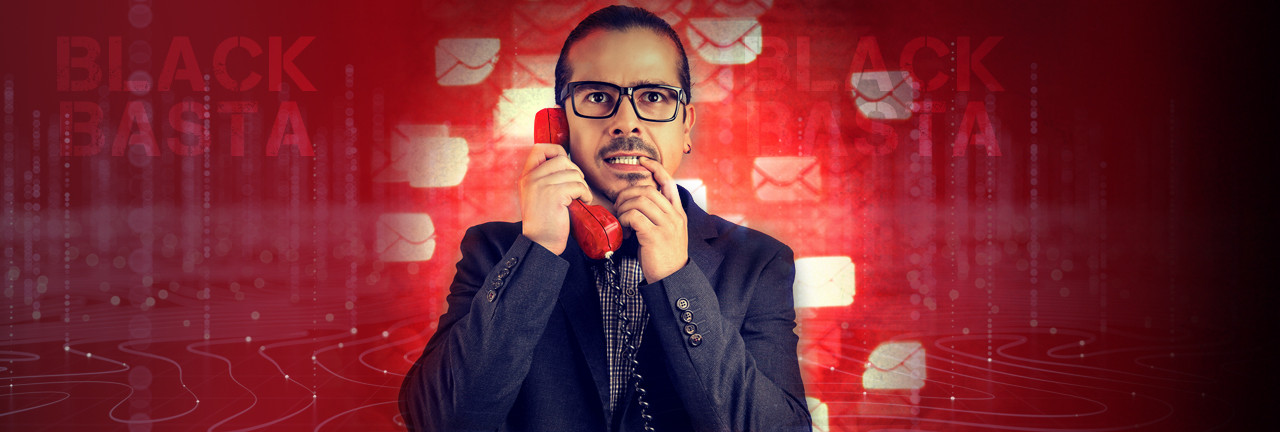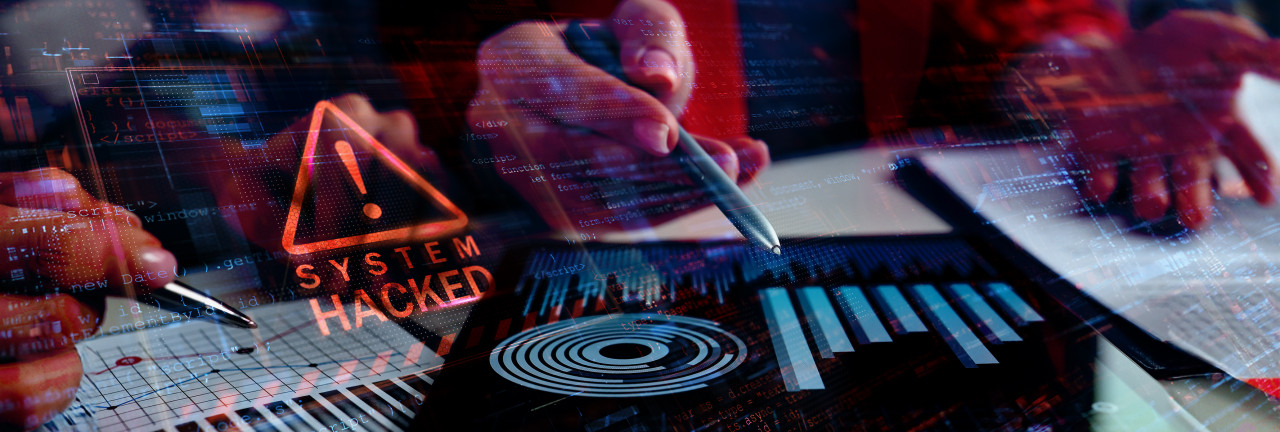Now more than ever, digital security is a team effort, with staff at all levels of an organisation having an active part to play in keeping critical business data safe. With the outbreak of COVID-19, and an unprecedented volume of staff working from home, robust security policies and systems are no longer enough - each and every member of staff must consider security as a fundamental part of their developing remote working routines.
But what can each of us personally do to ensure our organisations maintain their usual standards of security for the duration of this crisis, without letting such measures detract from our day-to-day work? Here are a few starting points…
Be prepared
If you're new to remote working, don't go in blind. Take the time to re-familiarise yourself with your company's security policies (particularly any new ones for home workers) and be sure to attend any training sessions that are on offer (as many organisations are rolling out remote training sessions for home workers, there are no excuses!). This will make the transition far smoother and allow you to stay focused on your work.
Secure your router
At Exponential-e, we always say that 'your Cloud is only as good as your network'. In the same way, your remote working solution is only as good as your router. As above, make sure its password is secure (especially if you've never changed its pre-set password!) and take any recommended security measures, both from your network provider and your IT team.
Check your passwords
This is a familiar refrain in the world of data security, but it always bears repeating. Familiarise yourself with current best practice regarding password creation (there are plenty of useful resources available online for this) and avoid reusing passwords. While memorising multiple passwords for each platform you use for work is certainly inconvenient, there are many excellent password manager tools available. Ask your IT team which one they would recommend, as your company may already require employees to use a specific one.
Enable updates
We all know how irritating requests to install updates on our personal devices can be, but in our current climate, it's more important than ever. More than just keeping your own devices secure, a single instance of malware could bring down your entire company network, so don't take any chances. Ensure you install all recommended updates, or – better yet – enable automatic updates. This will ensure your devices are always protected against the latest security threats.
Ask!
As we've already mentioned several times in this post, if you are unsure about anything when it comes to data security, don't guess… ask the right person! In particular, your IT team will be more than happy to advise you about security best practice when home working, or alternatively, consider Exponential-e's Cyber Security Advisory service, which was created to provide a 'one stop shop' for any security-related concerns you may have.
In the meantime, download our Working from Home Checklist, which breaks down all the key elements of secure remote working.
Ransomware is malware that encrypts an individual's files so that they no longer have access to them, and subsequently demand payment for the files to be released. Usually the payment is asked to be made in an untraceable cryptocurrency form, such as Bitcoin. The most common way ransomware ends up on an individual's computers is through email spam, which individuals will click on and open.
Unfortunately, the files cannot be decrypted without a mathematical key which is only known by the cyber attacker, and the reason why many individuals tend to pay up. However, many find that despite paying the ransom, their files remain encrypted.
When looking at which countries were affected by ransomware attacks the most, the UK was found to have the highest percentage out of Europe:
Figure 1: Cybercrime Tactics and Techniques: Ransomware Retrospective Report, Malwarebytes
Despite the NHS facing one of the worst ransomware attacks in May 2017 - the WannaCry ransomware attack - which cost the NHS £92m and caused more than 19,000 appointments to be cancelled (The Department of Health), this chart clearly highlights how organisations in the UK still need to invest more into their Cyber Security solutions to stay protected from ransomware attacks.
At Exponential-e, we help organisations that have been affected by ransomware attacks. Our Head of Cyber Consultancy, Mark Belgrove, discusses a real-life cyber attack in the video below, and shares how Exponential-ehelped mediate the situation.
Having returned from the BSA Conference 2025, it was clear that building societies are navigating a critical juncture - balancing their relationship-led service models while addressing the urgent need to modernise outdated systems and improve operational efficiency. Given the current geopolitical climate, and the increasing pace of innovation, developing a strategy that not only solves immediate challenges, but offers sufficient scope to tackle future issues, can often seem like a moving target.
Although digital transformation amongst Legal firms has typically been comparatively slow compared to other sectors, the journey has picked up speed over the course of the last decade.
Although the sector as a whole has traditionally been comparatively wary of the ever-increasing pace of technology, legal services are increasingly data driven, with an abundance of AI-related discussion emerging within legal technology circles. The core Document Management Systems (DMS) and Practice Management Systems (PMS) remain the centre of focus for how and where to deploy a variety of rapidly maturing SaaS platforms, or dedicated, highly customised suites.
The Retail sector is more diverse, dynamic, and rapidly changing than any other time in its history. This not only encompasses the way customers make their purchases – with online shopping, click-and-collect, and in-person shopping all converging to offer true, end-to-end experiences – but also the way retailers open and operate new sites. Whether this means trendy pop-up shops, kiosks at other brands' locations, or booths at events, retailers from up-and-coming start-ups to global leaders are no longer relying on fixed high-street locations to welcome their customers and put their wares on display, instead making sure they are present wherever their ideal customers are, and fully prepared to offer a world-class experience that builds brand recognition and loyalty.
Retailers - be they small local shops, online sellers, or top global brands - generate, transfer, and store more data than ever before, ranging from customer data (both online and in-store, as we have considered in previous articles), to supply chain and asset tracking data. Whether it's shopping online or utilising in-store apps to access the latest savings and special offers, the way customers shop has fundamentally changed forever, with the data they generate online and in person allowing retailers to build up unique personas that drive truly bespoke experiences.
With fundamental shifts in consumer behaviour, changing economic conditions, and a rapidly evolving regulatory environment, it's a challenging but exciting time for the UK's retail sector, and technology has a key role to play. In particular, advances in IT and networking solutions are empowering retailers to enhance their operational efficiency, improve the customer experience, and retain their competitive edge in an increasingly online and interconnected world.
The Finance sector has always been one of the most dynamic, rapidly evolving industries, and this shows no signs of changing any time soon. But while shifts in the landscape may well open new opportunities, they will also come with new challenges, and it is the organisations who are ready and able to face these head-on who will continue to thrive in the years ahead.
Across the Hospitality & Leisure sector, from pubs to five-star hotels - guests' expectations have evolved in ways that would have been impossible to imagine just a decade ago.
In October 2023, the British Library suffered "one of the worst cyber incidents in British history," as described by Ciaran Martin, ex-CEO of the National Cyber Security Centre (NCSC).
The notorious Rhysida ransomware gang broke into one of the world's greatest research libraries, encrypting or destroying much of its data, and exfiltrating 600 GB of files, including personal information of British Library staff and users.
Any organisation that has tried to recover from a ransomware attack knows that it can be time-consuming and costly. Companies hit by an attack must choose between paying a ransom or recovering encrypted data from a backup.
Unfortunately, ransomware gangs are too aware that they can leverage significantly higher ransoms from their corporate victims if they have also compromise the company's backups. For this reason, we are seeing more and more cyber attacks targeting backups because they know that organisations desperately need them to recover if they want to avoid paying a ransom to cybercriminals.
The international hotel chain Omni Hotels & Resorts has confirmed that a cyberattack last month saw it shut down its systems, with hackers stealing personal information about its customers.
In the aftermath of the attack, hotel guests reported that they had been forced to check in on paper, that room keys didn't work, and all phone systems and Wi-Fi were offline.
Do you know Dmitry Yuryevich Khoroshev?
If you do, there's a chance that you might well on the way to receiving a reward of up to $10 million.
Law enforcement agencies across the US, UK, and Australia have named Dmitry Yuryevich Khoroshev as the mastermind behind the notorious LockBit ransomware group, estimated to have extorted $500 million from companies worldwide.
What's happened?
Recorded Future has reports that the British Government is proposing sweeping change in its approach to ransomware attacks.

